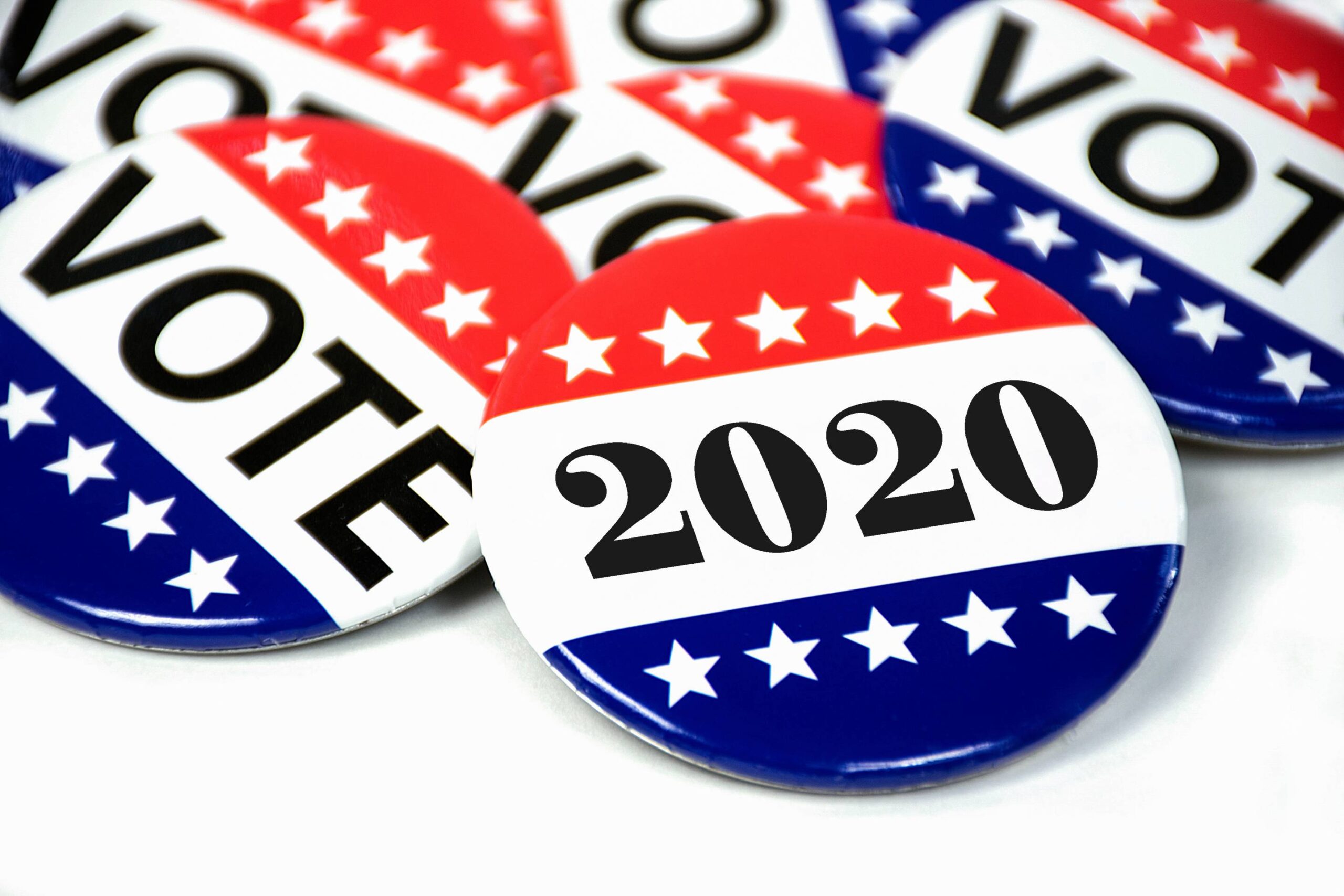CHARLESTON — Sweating it out on the state’s hottest day of the year, voters on Tuesday were choosing presidential, gubernatorial, U.S. Senate and U.S. House candidates in West Virginia’s Democratic and Republican primaries. They also were deciding a majority of the five-member state Supreme Court. The primary was postponed from May 12 because of the coronavirus pandemic. A rundown of the races and the contenders:
President
Joe Biden won the Democratic presidential primary and Donald Trump won the Republican primary in West Virginia on Tuesday. Both Biden and Trump have secured their respective parties’ nominations, Biden last week and Trump in March.
Supreme court
The primary serves as the general election for the state Supreme Court, whose races became nonpartisan in 2016. This year’s election will determine a majority of the five-member court. There are
10 candidates for three races.
Incumbent Justice Tim Armstead beat out 78-year-old former Justice Richard Neely and circuit judge David Hummel. Armstead, a former Republican House speaker, is to complete the 12-year term of former Justice Menis Ketchum, who retired in 2018 before House impeachment hearings and later pleaded guilty to a felony fraud count and was sentenced to probation.
Justice Margaret Workman is not seeking reelection. Four candidates are hoping to fill her seat for a new 12-year term: Circuit judge Joanna Tabit, family court judge Jim Douglas, assistant prosecutor Kris Raynes and attorney Bill Wooton
Justice John Hutchison was appointed in 2018 to the seat vacated by former Justice Allen Loughry, who was also convicted in federal court of felony fraud charges and is serving a two-year prison term. Tuesday’s special election was for the remainder of Loughry’s term, through 2024. Hutchison beat circuit judge Lora Dyer and attorney William Schwartz.
U.S. House
This could be the last race for one of the state’s three Republican U.S. House members. Analysts have projected West Virginia will lose one of its congressional seats after the 2020 census. The state has lost population for seven straight years.
All three incumbents are seeking reelection this year. David McKinley, who represents the 1st District, has no primary opposition. Alex Mooney, who represents the 2nd District, defeated Berkeley Springs family physician Matthew Hahn and will go after his fourth term in Congress in November against Democrat Cathy Kunkel, an energy analyst who ran unopposed in the primary. Rep. Carol Miller of the 3rd District defeated Russell Siegel of Lewisburg and will face one of four Democrats on Tuesday’s ballot. They were Huntington bus service CEO Paul Davis, labor union executive Jeff Lewis, Hilary Turner of Huntington and doctoral student Lacy Watson.
Natalie Cline won the Democratic nomination for West Virginia’s 1st District U.S. House seat. Cline, a software company employee from Wheeling, defeated Keyser attorney Tom Payne on Tuesday night and moves on to the November election to face McKinley.
Attorney General
Republican Patrick Morrisey, seeking a third term, has no primary opposition. In November, he will face the winner of the Democratic primary between state Delegate Isaac Sponaugle and attorney Sam Petsonk.
Agriculture Commissioner
Republican incumbent Kent Leonhardt, seeking his second term, defeated farmer Roy Ramey on Tuesday. The Democratic candidates are state Sen. Bob Beach, farmer J.R. Keplinger and Dave Miller, a former deputy agriculture commissioner.
Leglislature
Half of the 34 state Senate seats are up for grabs. Seven incumbents have primary opposition, while four senators, including three Democrats, are not seeking reelection. Republicans hold a 20-14 majority.
All 100 House seats are on the ballot; 41 incumbents are in contested races. Twenty delegates are not seeking reelection. Republicans hold a 58-41 House majority with one independent.
Voting safety
Secretary of State Mac Warner said he knew of no significant or unusual problems at voting places Tuesday. It was the hottest day of the year so far in West Virginia, with temperatures reaching the mid-90s in some communities. Warner’s office asked voters to bring bottled water, umbrellas and even a chair in case they encountered long lines and had to stand outside at polling places.
Voters were asked to wear masks — some places will have them available — and bring their own marking devices such as a pencil or stylus to use with their ballots. The measures are aimed at containing the spread of the coronavirus.
On to November
Warner is running unopposed in the GOP primary and will face Democrat Natalie Tennant on Nov. 3. Tennant, also unopposed, served two terms as secretary of state before losing to Warner in 2016.
West Virginia’s longest-serving state treasurer, John Perdue, is unopposed in the Democratic primary and is seeking his seventh term in the fall. In November, he will face Republican Riley Moore, a former delegate.
Republican incumbent JB McCuskey and Democratic challenger Mary Ann Claytor will square off in the November race for state auditor. Each is unopposed in the primary. Claytor is a former auditor’s office employee who lost to McCuskey in 2016.




